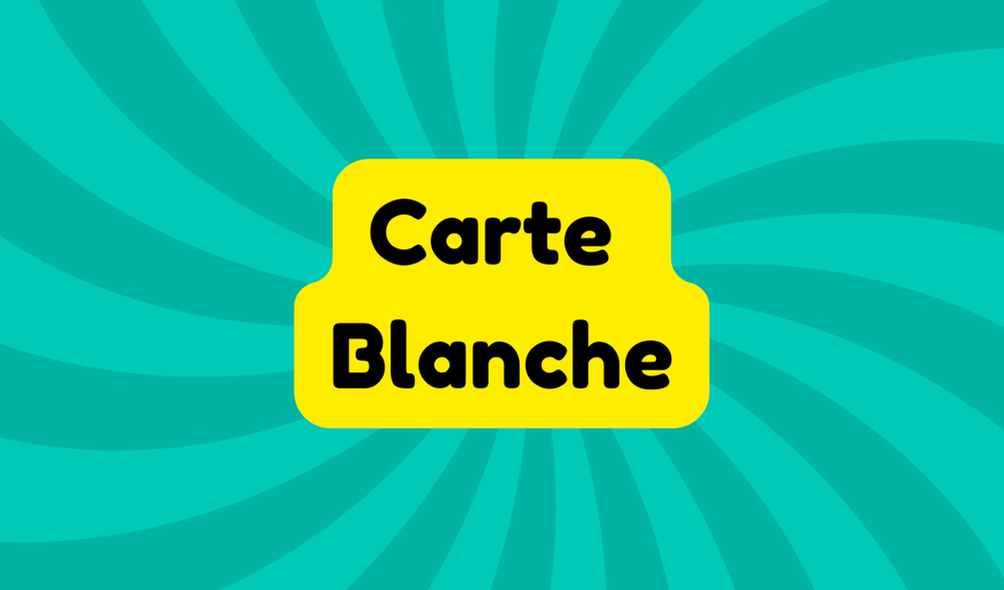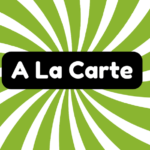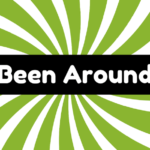"Carte blanche" means granting complete freedom or authority to someone, akin to giving them a "blank check." This phrase likely originates from a Spanish term and has historical roots in French, emphasizing decision-making power. Common examples include an artist having carte blanche for creative projects or a manager giving carte blanche to employees. While the concept suggests empowerment, it also risks disorder if boundaries are unclear. Exploring the implications of such unrestricted authority reveals much about its practical usage today.
Synonyms
When discussing the phrase "carte blanche," it is essential to reflect on its synonyms, as they provide a broader understanding of its meaning and usage. These alternatives reveal not only dictionary definitions but also cultural implications surrounding authority and freedom.
- Free rein
- A free hand
- A blank check
- Unrestricted authority
While these synonyms may seem interchangeable, they differ in nuance, suggesting varying degrees of control and autonomy. A critical examination prompts viewers to evaluate whether total freedom is genuinely beneficial or potentially burdensome. Ultimately, the understanding of "carte blanche" deepens through its rich vocabulary and context.
Example of Sentences
The concept of "carte blanche" often emerges in discussions about authority and responsibility, highlighting how power can be wielded in various contexts. Such phrases evolve in professional and personal arenas, showcasing real world applications that shape decisions and actions. Examples of its usage include:
- The director had carte blanche in choosing the film's cast.
- Employees may feel empowered when given carte blanche for project development.
- The artist enjoyed carte blanche to explore innovative designs.
- Parents sometimes grant their children carte blanche to make independent choices.
This phrase invites reflection on how authority impacts personal experiences and the responsibilities that accompany such freedom.
Origin
The origin of the phrase "carte blanche" reveals intriguing cultural interpretations that underline its meaning of complete authority. This expression derives from the Spanish phrase meaning "blank cheque," symbolizing unrestricted power given to an individual. Historically significant, the term began to gain traction in American English and suggests who holds command in various contexts. Alternatively, some speculate its roots trace back to French, meaning "blank card." Both origins emphasize a cultural impact centered on decision-making freedom, providing insight into societal structures. While the exact origin remains debated, its implications about authority are clear across different cultures and eras.
Collocations
Collocations involving the phrase "carte blanche" offer a glimpse into how authority is framed in different contexts. These phrases reflect the nuances of discretionary authority, illustrating the weight of decision-making power entrusted to individuals. Such contexts often involve varying impacts on institutions and relationships, questioning the implications of this authority.
- Having carte blanche allows creative freedom.
- Leaders may grant carte blanche for innovative projects.
- Businesses often face risks with carte blanche policy.
- Employees could misuse carte blanche if misaligned with goals.
This scrutiny underlines the balance required when distributing such unrestricted power, reminding readers of potential consequences.
How to Use in Everyday Language
Understanding how to use the phrase "carte blanche" in everyday language can be quite enlightening for those guiding authority and decision-making in various contexts. This term is especially relevant in practical applications within workplace authority, where leaders may grant teams full independence to innovate. However, it's essential to use it judiciously, as unchecked freedom can lead to chaos rather than creativity. Employees should understand their boundaries when given carte blanche, promoting responsibility alongside freedom. As a result, while this phrase can inspire innovation, it must also be coupled with clear expectations to be truly effective in professional environments.
Why Is It Still Relevant Today?
While many phrases may fade into obscurity over time, "carte blanche" remains relevant today for a variety of reasons. In a world increasingly focused on professional autonomy, this expression embodies the decision-making freedom that many seek. Organizations often grant carte blanche to leaders, enabling them to innovate and respond to challenges swiftly. However, this power comes with responsibilities and potential misuse, raising questions about accountability. As businesses and individuals navigate complex environments, the call for transparency and ethical use of such authority grows stronger. Therefore, "carte blanche" serves as a reminder of both freedom and its inherent risks.







